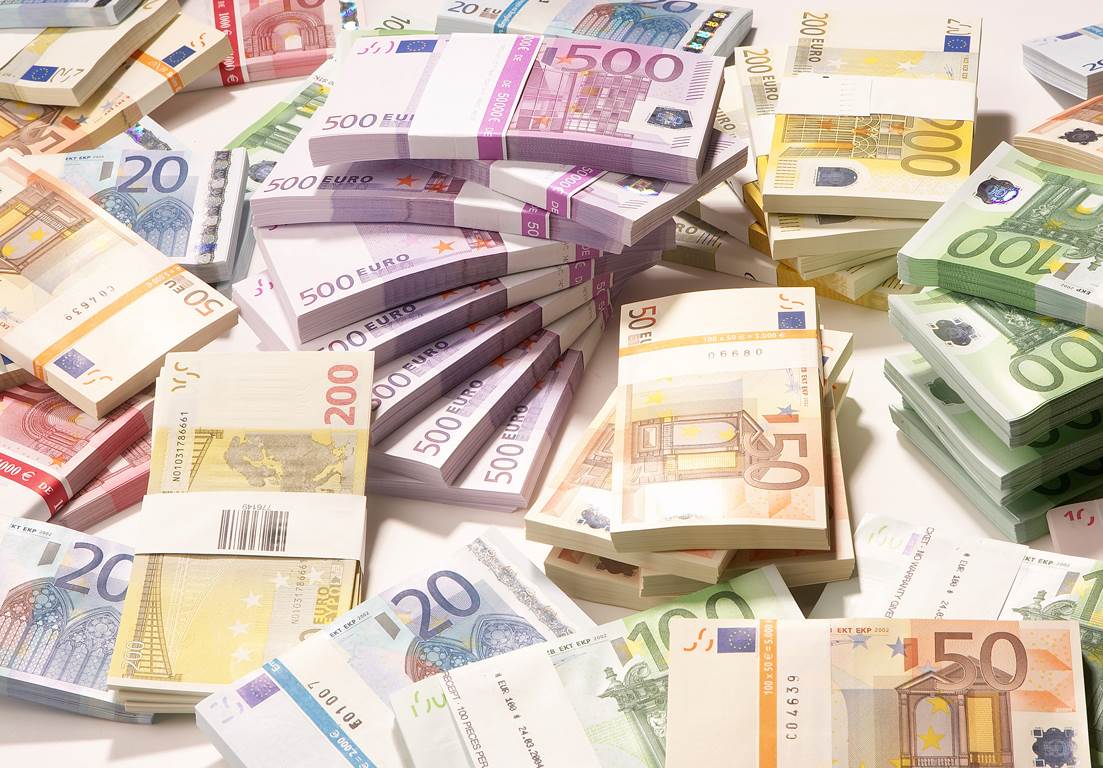 According to sources, the head of the European Central Bank Christine Lagarde asked the European Union finance ministers on Tuesday evening to consider issuing bonds to face the effects of the coronavirus outbreak.
According to sources, the head of the European Central Bank Christine Lagarde asked the European Union finance ministers on Tuesday evening to consider issuing bonds to face the effects of the coronavirus outbreak.
“She said that we should seriously think about it, next to the use of the ESM (bailout fund) instruments. The Eurogroup did not discuss debt mutualization at this stage,” told one of the officials to Reuters.
Reuters also confirmed from a second official that Lagarde made clear that it should be a “one-of” issuance and that there was opposition from southern European countries.
“There was opposition from the usual corners, but also a lot of support beyond Club Med,” confirmed one of the officials.
Yesterday we learned that the Eurozone business activity fell dramatically in March, as its composite PMI went down to 31.4, the lowest level since 1998.
“The Eurozone is now deeply and widely affected by the massive shock caused by the coronavirus epidemic,” stated an analyst from BNP Paribas, “Maintaining productive activity and employment in companies will be key in determining the condition in which we emerge from the crisis,” he added, while foreseeing a fall in the first and second-quarter eurozone gross domestic product.
Take advantage of recent volatility with the world’s most popular pair.
Meanwhile, the Robert Koch Institute Chief Lothar Wieler said on Wednesday that we’re standing at the beginning of an epidemic and that we need to wait to see if the containment measures against the virus are working. Besides this, they added that they expect warm weather to help against the virus.
Regarding France, we got good news from the official stats agency, as they recently claimed that the country’s public deficit and debt was lower than expected. According to their data, the budget deficit was around 3 percent of the gross domestic product last year, against the previous year’s 2.8 percent and a little bit better than the 3.1 percent that analysts expected. Gross public debt ended up being the 98.1 percent of last year’s GDP, against the 98.8 percent that analysts expected.
The French government said last week that they expect the deficit to increase to 3.9 percent, while they expect debt levels to end up at 100%, mostly due to the necessity to implement fiscal measures to help the French economy.
By 11:11 GMT the Euro went up by 0.30 percent against the US dollar, hitting the 1.0819 level. Conversely, it added 0.27 percent against the Swiss Franc, at 1.0616 and advanced 0.29 percent against the Japanese Yen, at 120.31.
